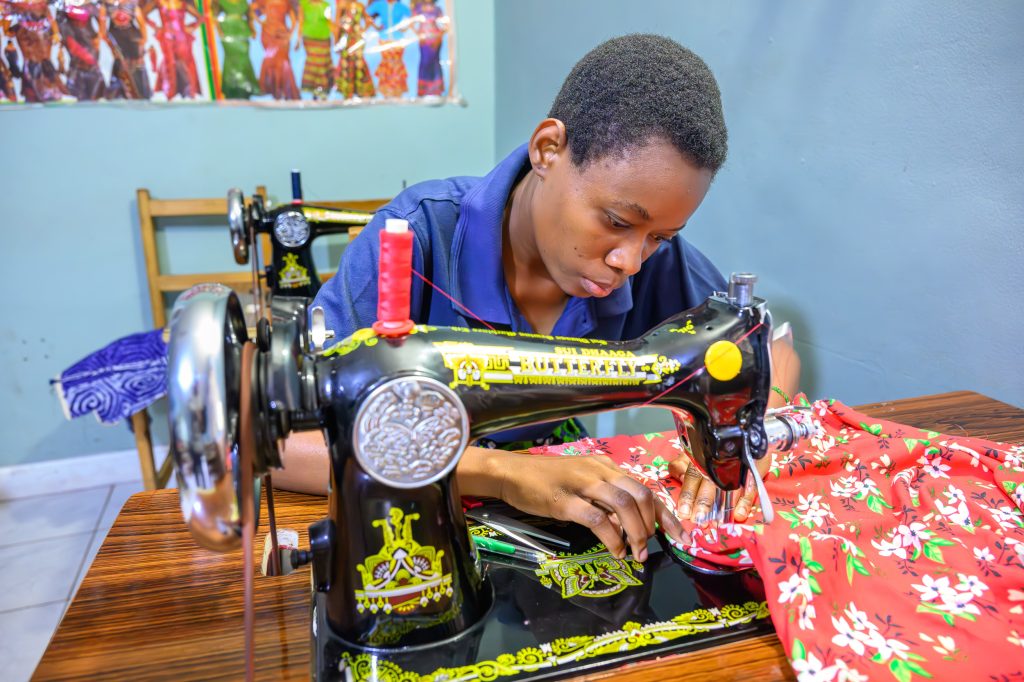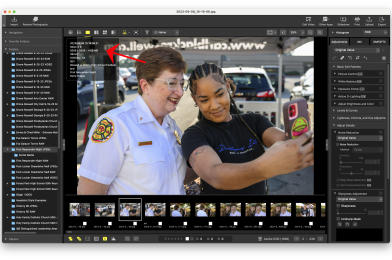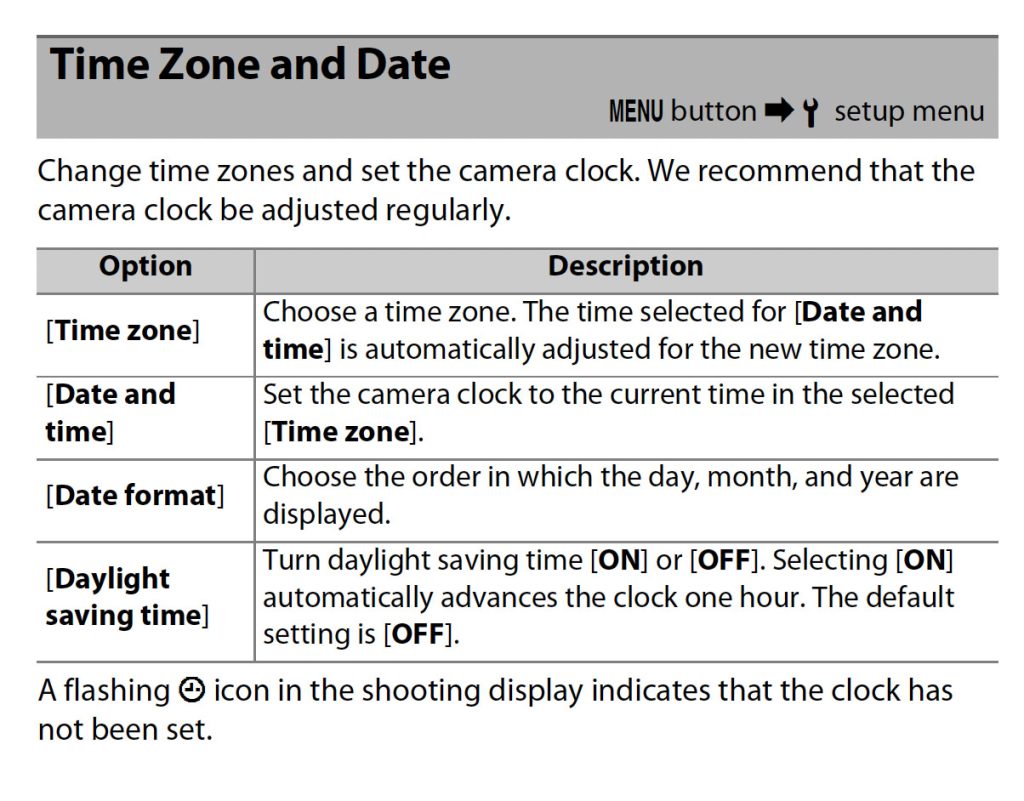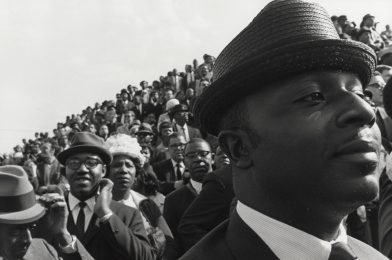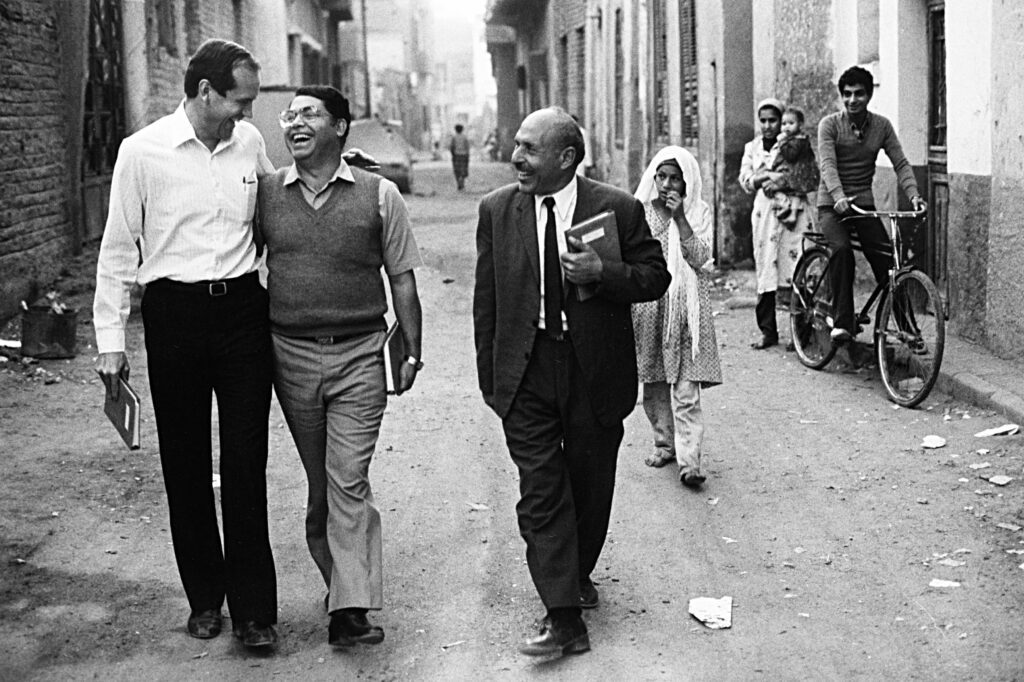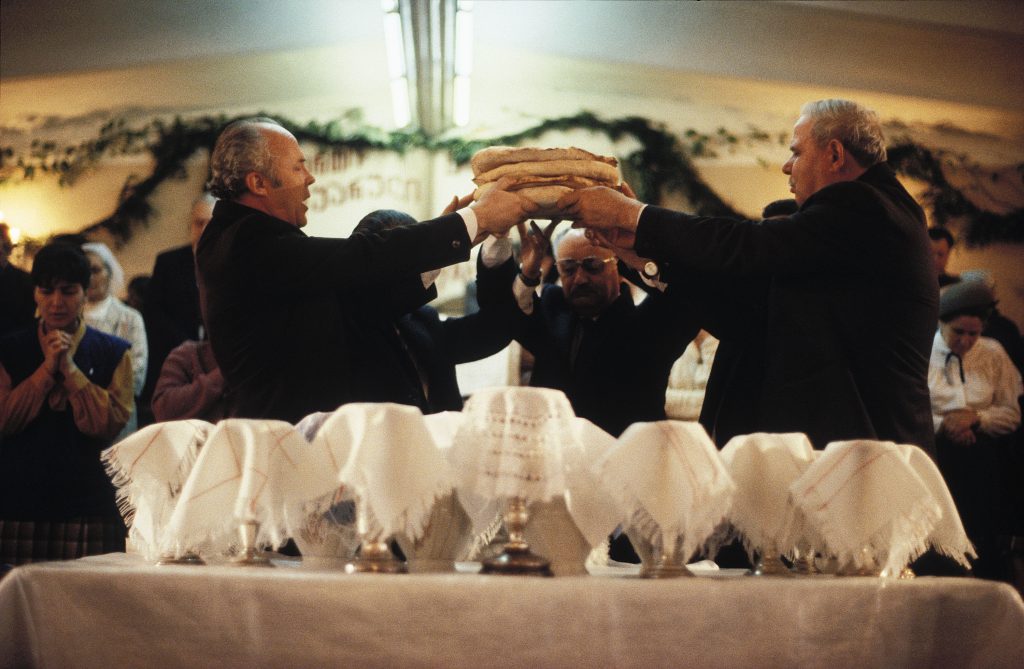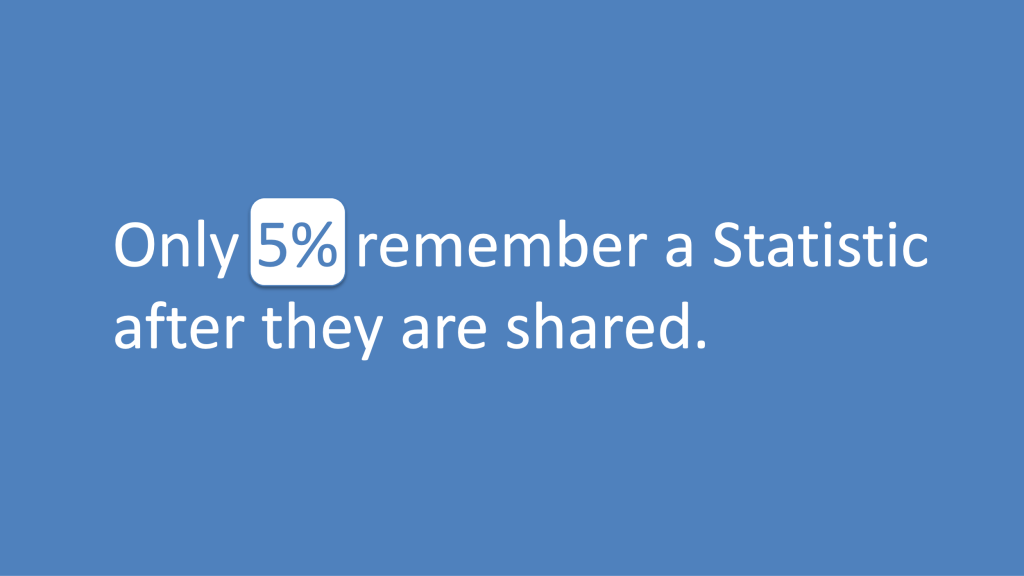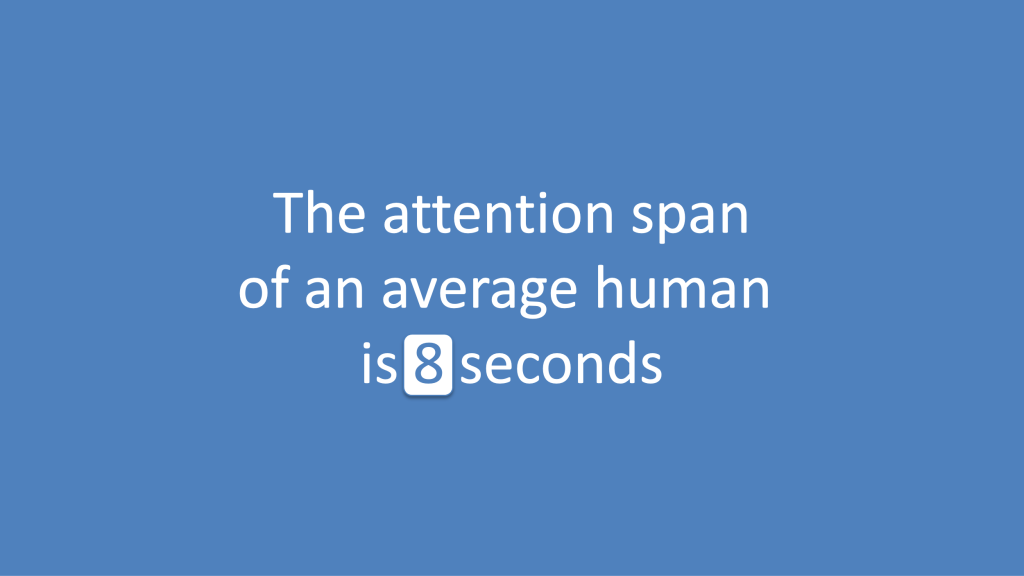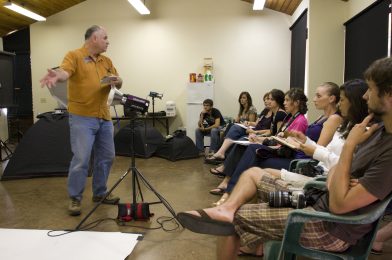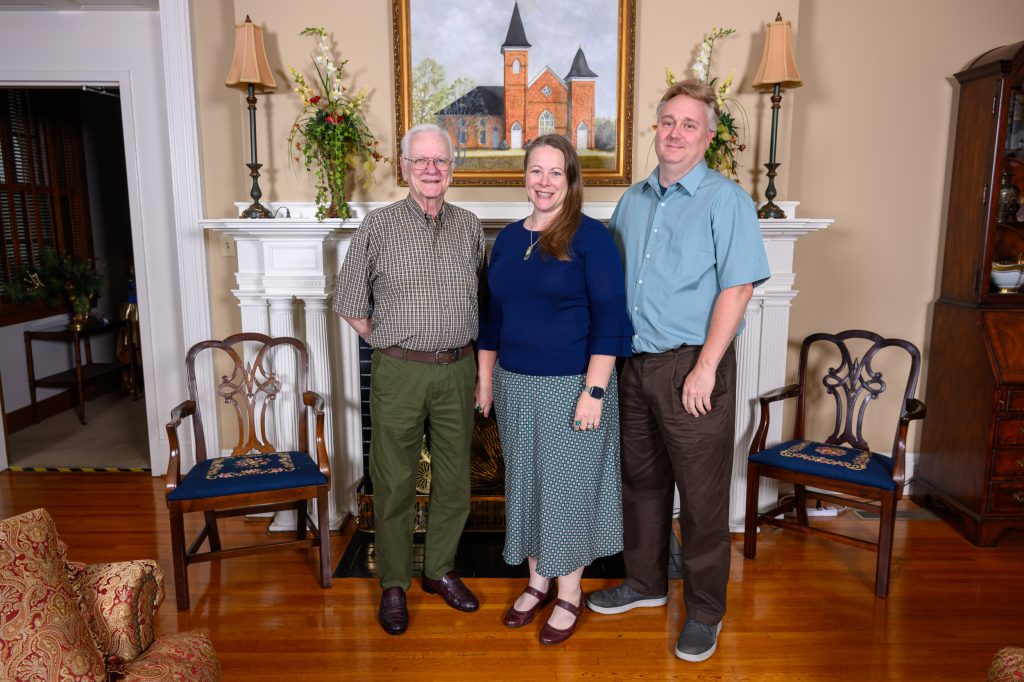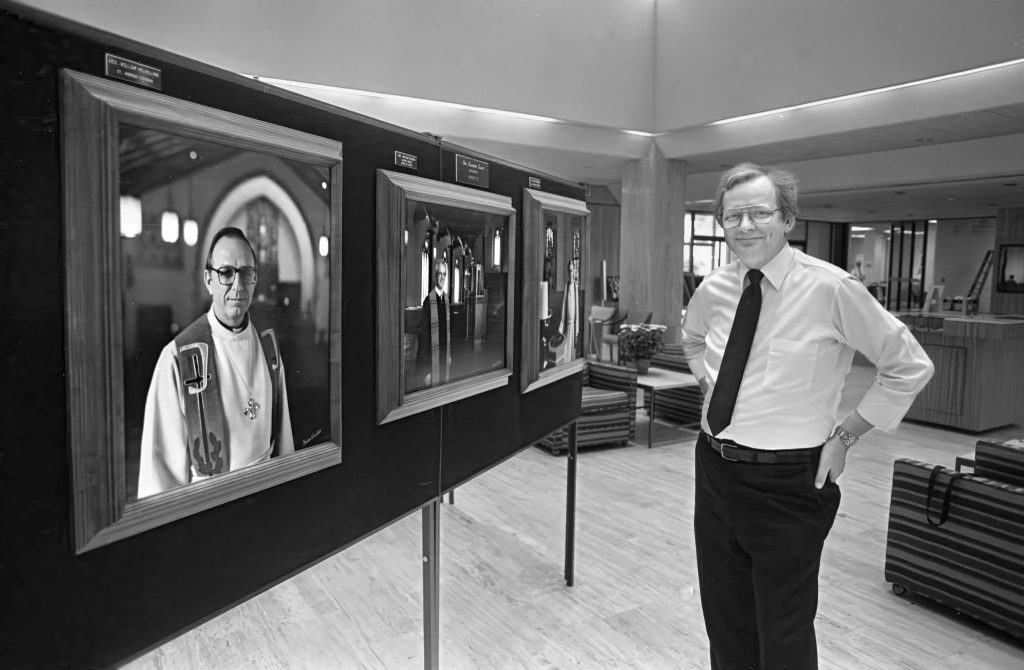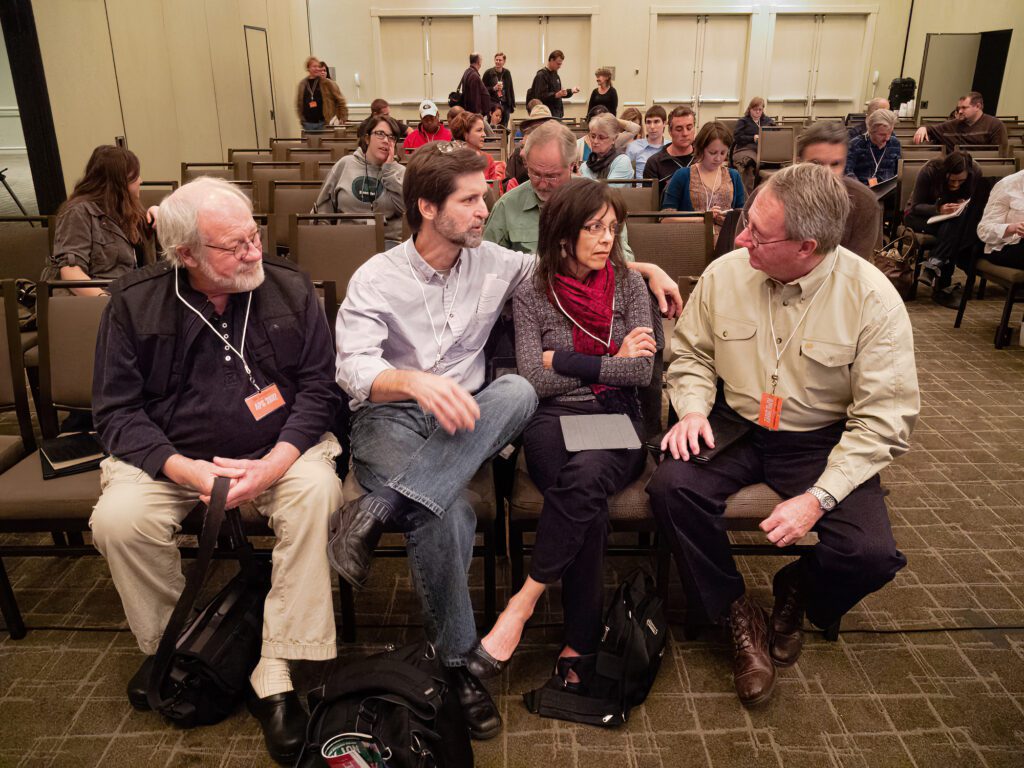When we think about developing skills, we often believe that with enough hard work and practice, anyone can master anything. While effort and training can undoubtedly lead to growth, there’s a more profound truth: some people are wired differently, and specific skills come more naturally. In my own experience, I used to think all I needed was a chance to prove myself. Given the right opportunity, I believed I could do anything.
However, as I progressed in my career, I realized that enthusiasm alone isn’t enough. For some people, it takes years—sometimes even decades—of focused learning to reach a basic level of competency. In contrast, others with a natural inclination can achieve mastery much faster. It’s essential to understand that no matter how long you work on something, some skills require more than just effort. They need a deep connection, a natural gift, or an inherent understanding of the craft.
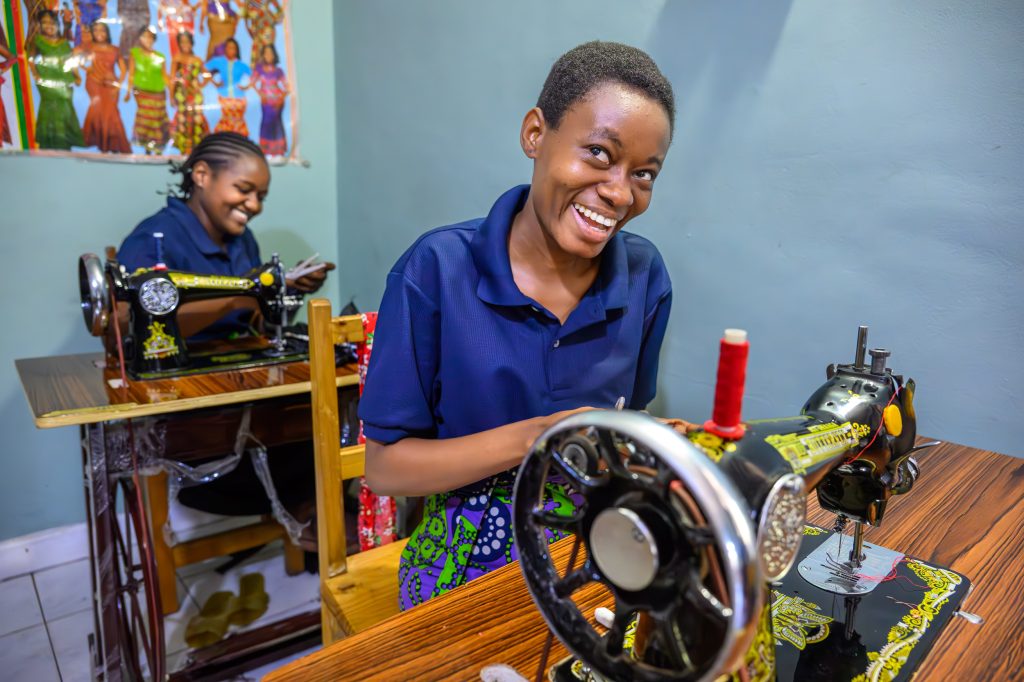
The Myth of the ‘Overnight Success’
We often hear stories of people who seem to appear out of nowhere, achieving success almost instantly. But the reality is that “overnight success” is usually the culmination of years of hard work, dedication, and persistence. Research supports this idea: according to a 2006 study by psychologist K. Anders Ericsson, it typically takes 10,000 hours of practice to achieve mastery in a field. In other words, behind every “instant” success story are likely years of unseen effort and preparation.
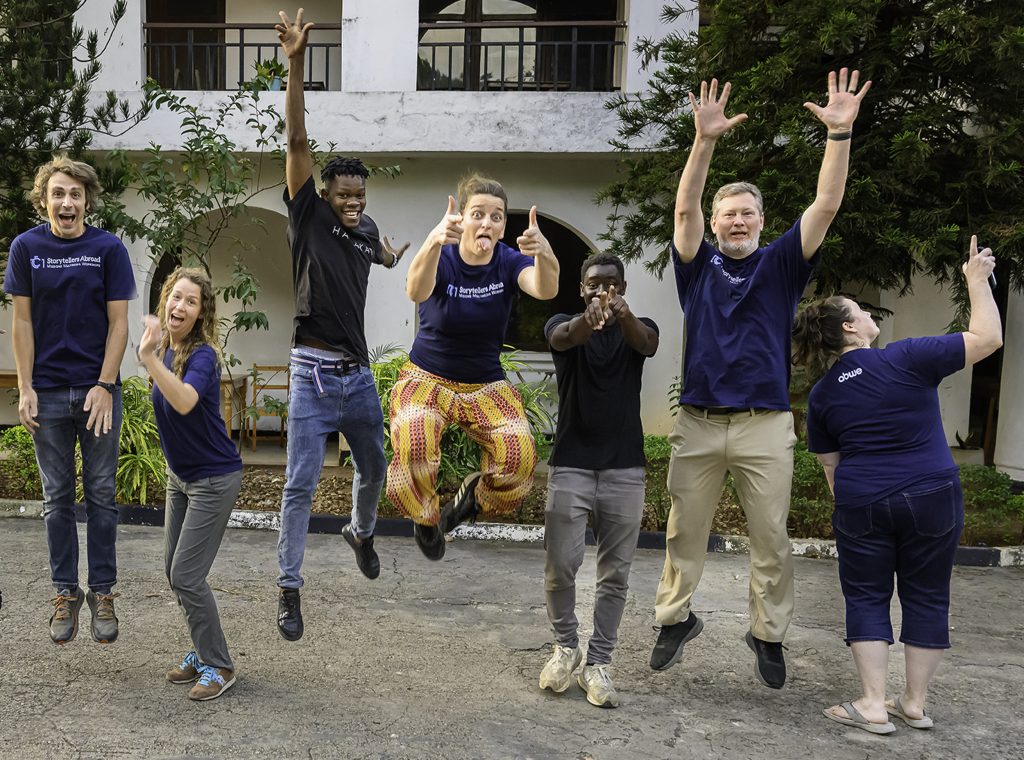
A Personal Journey: Lessons from the Southwestern Photojournalism Seminar
In 1990, I helped organize the Southwestern Photojournalism Seminar, which ran for 25 years in Fort Worth, Texas. The seminar brought together people eager to tell stories, many of whom wanted to document the gospel’s spread. The speakers and presenters were inspiring, but there was one significant gap: while attendees left motivated, they often lacked the hands-on experience necessary to bring their vision to life.
At that time, aspiring storytellers were advised to work at small newspapers, where they could learn from experienced editors and photographers. This slow, steady apprenticeship was how you built a portfolio that could eventually take you worldwide to tell stories of missionaries and their work.
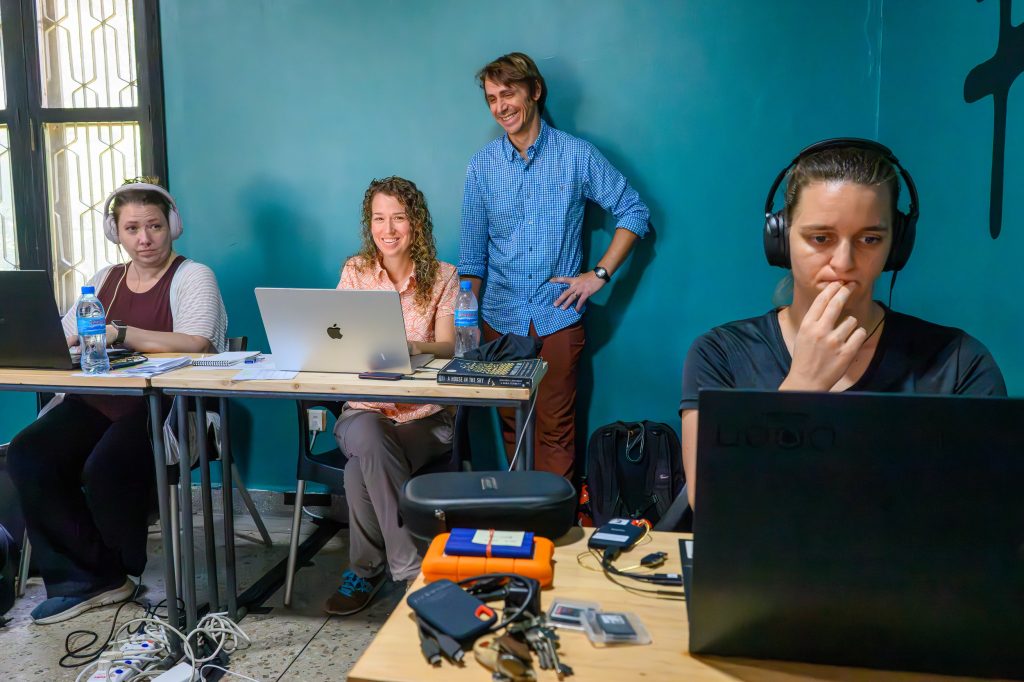
But times changed, and those small newspapers began disappearing. That’s when my friend Greg Thompson and I had an idea: what if we could give aspiring storytellers the chance to work with seasoned veterans on real, cross-cultural stories? 2013 Jeff Raymond called me, having been referred by Greg, and we launched the first Storytellers Abroad Multimedia Missions Workshop in Lisbon, Portugal. Our goal was to offer photographers hands-on experience in a mission context, guided by those who had spent years refining their craft.
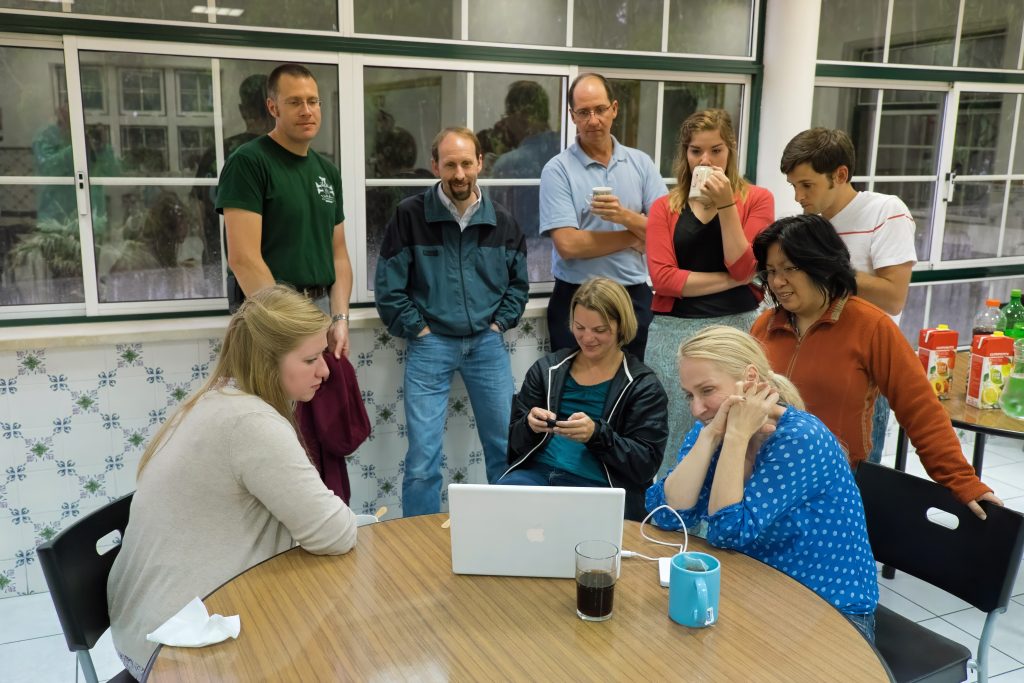
Skill vs. Talent: What Makes a Storyteller?
Over the years, I’ve seen a consistent truth: storytelling isn’t something you can pick up after a class or two. It takes time, dedication, and, frankly, a natural gift. Most people who know how to use a camera or edit a video don’t automatically know how to tell a compelling story. Storytellers are strategic thinkers who understand the heart of a narrative, while videographers often focus more on the technical tactical aspects of the craft.
You must deliver on that promise when you’re sent into the field to help a missionary or nonprofit tell their story. It’s not just about taking great footage; it’s about translating that into a story that moves people to action.
After ten years of running this workshop, I can say that many people are interested in storytelling. Still, most will disappoint unless they’ve already demonstrated their skill in their local context. However, those honed their craft can be coached to produce exceptional work in a cross-cultural setting.
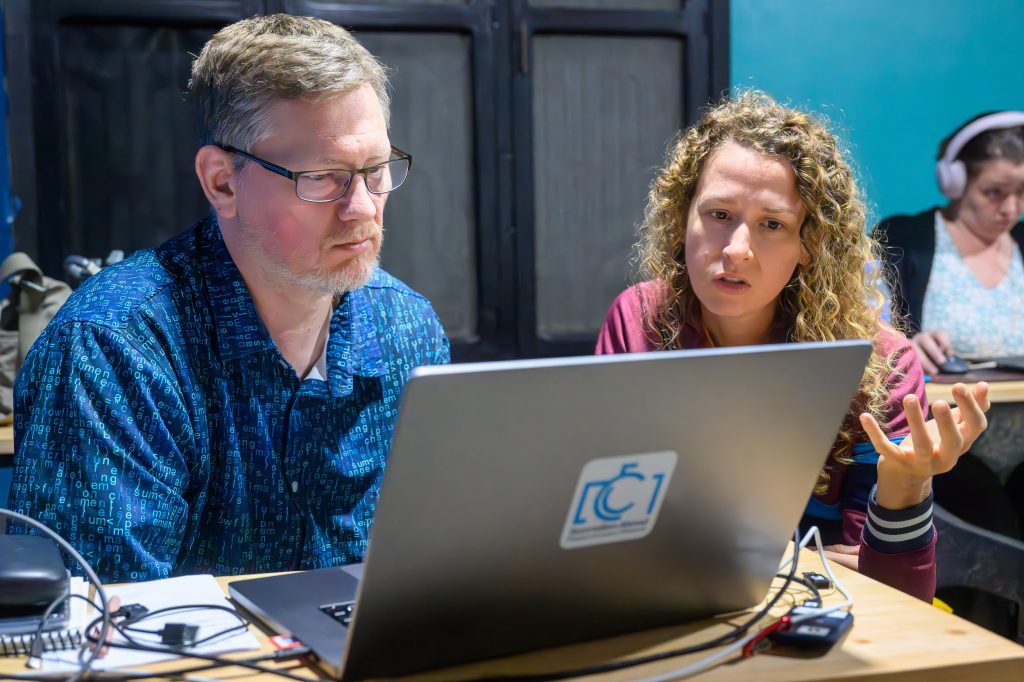
Learning from Experience: Why Veterans Get the Best Stories
There’s a reason seasoned storytellers often get better assignments. They have a track record of success that speaks for itself. Organizations want results, and they trust those with proven experience. You can’t take a class and suddenly become a great storyteller. It would be best if you were teachable, practice your craft, and, most importantly, have an innate understanding of what makes a good story.
For some, the role of storyteller might not be the best fit. In that case, you may excel in roles like camera operator, sound engineer, or editor—essential parts of the storytelling team. It’s important to recognize your strengths and work to perfect them.

The Value of Commitment and Compensation
I’ve also learned that organizations, especially missionaries and nonprofits, must have skin in the game. When they don’t, they may not fully appreciate the value of your work. Covering expenses and paying a livable wage is critical to ensuring storytellers can continue to provide quality content. Supporters can sometimes help offset costs, but the organization must cover the core expenses.
Raising the Bar for Storytellers
After years of leading storytelling workshops, I’ve realized that not everyone is cut out for this work. To tell stories across cultures in different languages requires a skill set that not everyone has, even if they’re great at producing videos in their community. That’s why I’ve raised the bar on what it takes to be part of these workshops.
Where I Am Now
While I’m still passionate about teaching storytelling, my main focus now is working directly with nonprofits to tell their stories effectively. I guide organizations through a strategic process that identifies the stories that will move their audience to action. This is my strength—helping organizations identify and share stories that matter.
If you’re looking for someone who can help your organization tell stories that resonate and move people, or if you’re interested in developing a team of storytellers ready to leap cross-cultural, multilingual storytelling, let’s talk. Together, we can tell stories that make a difference.





